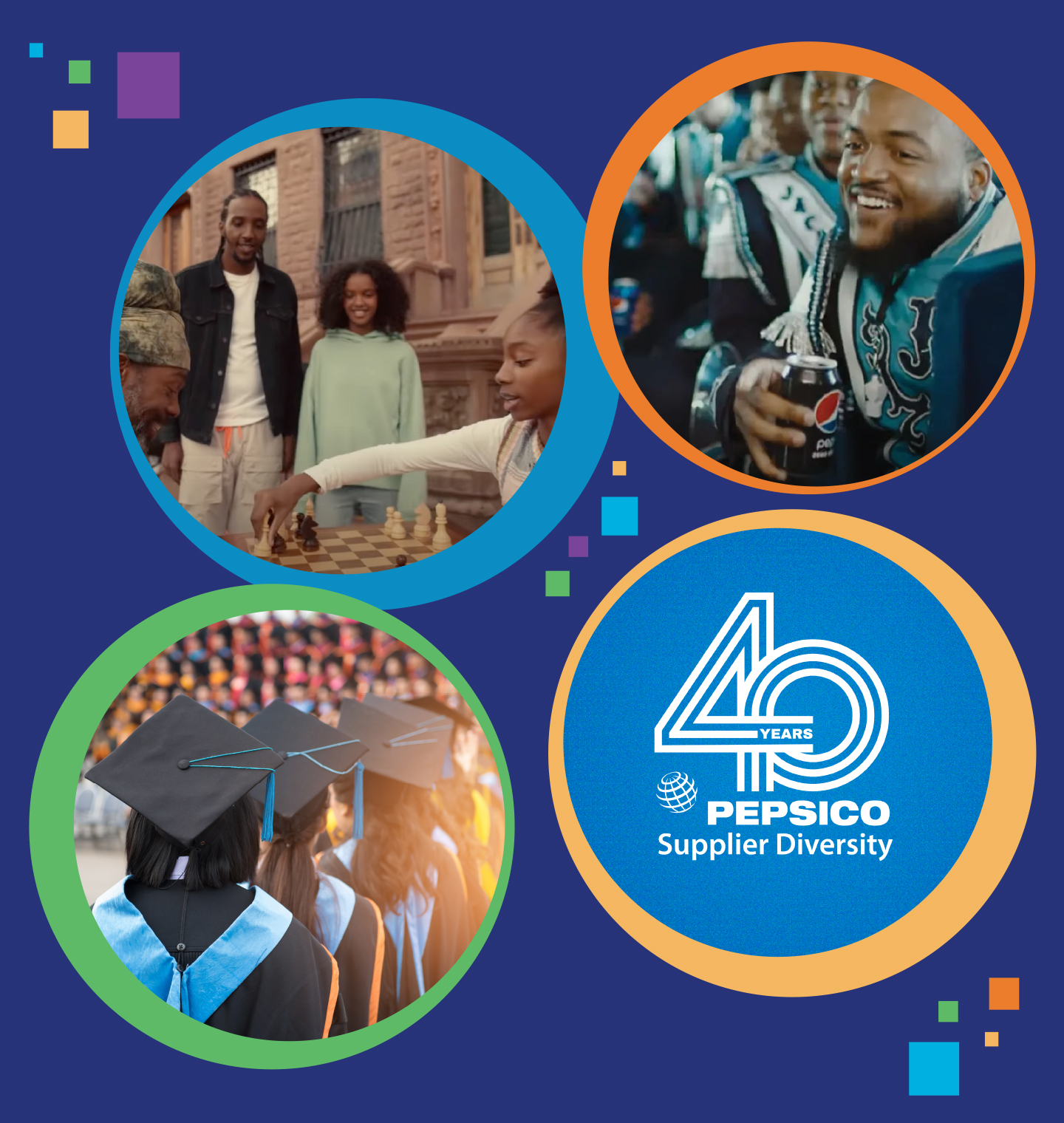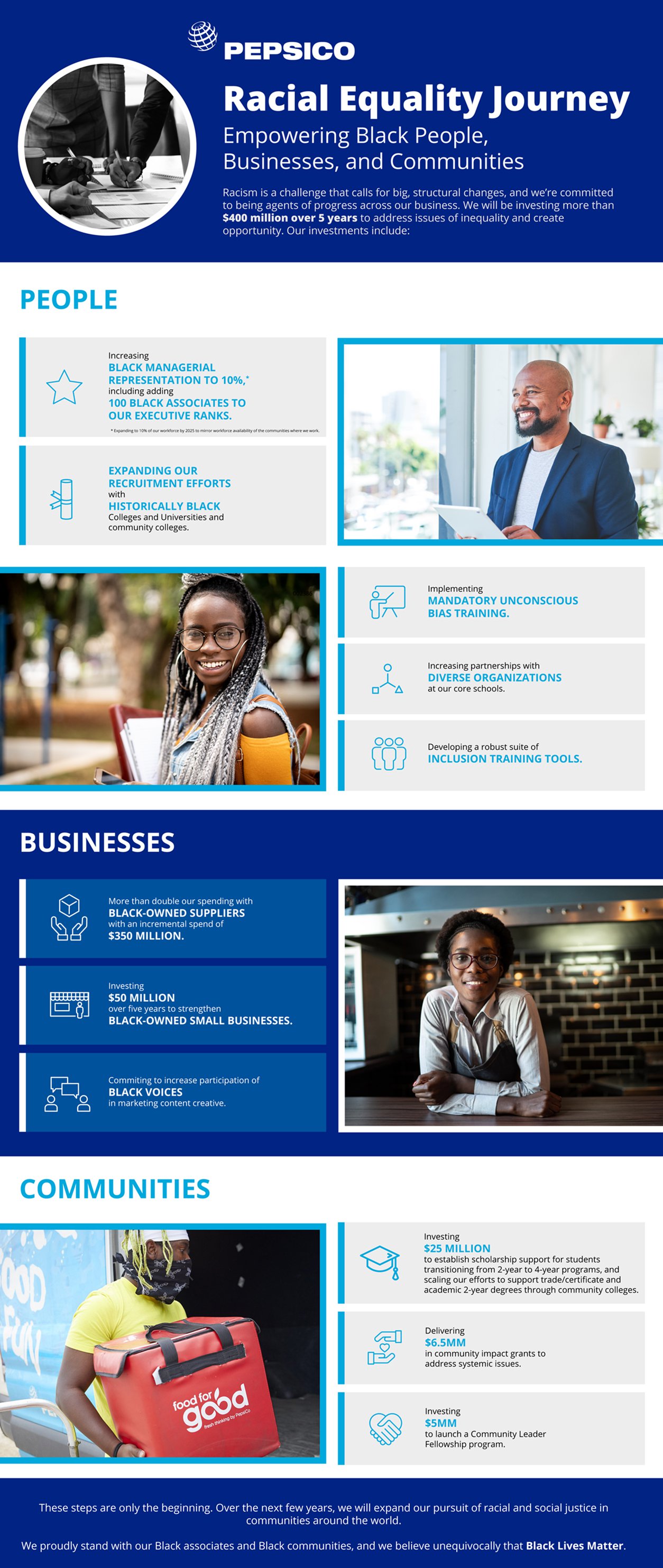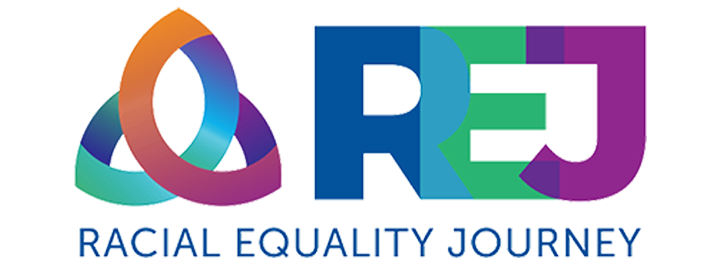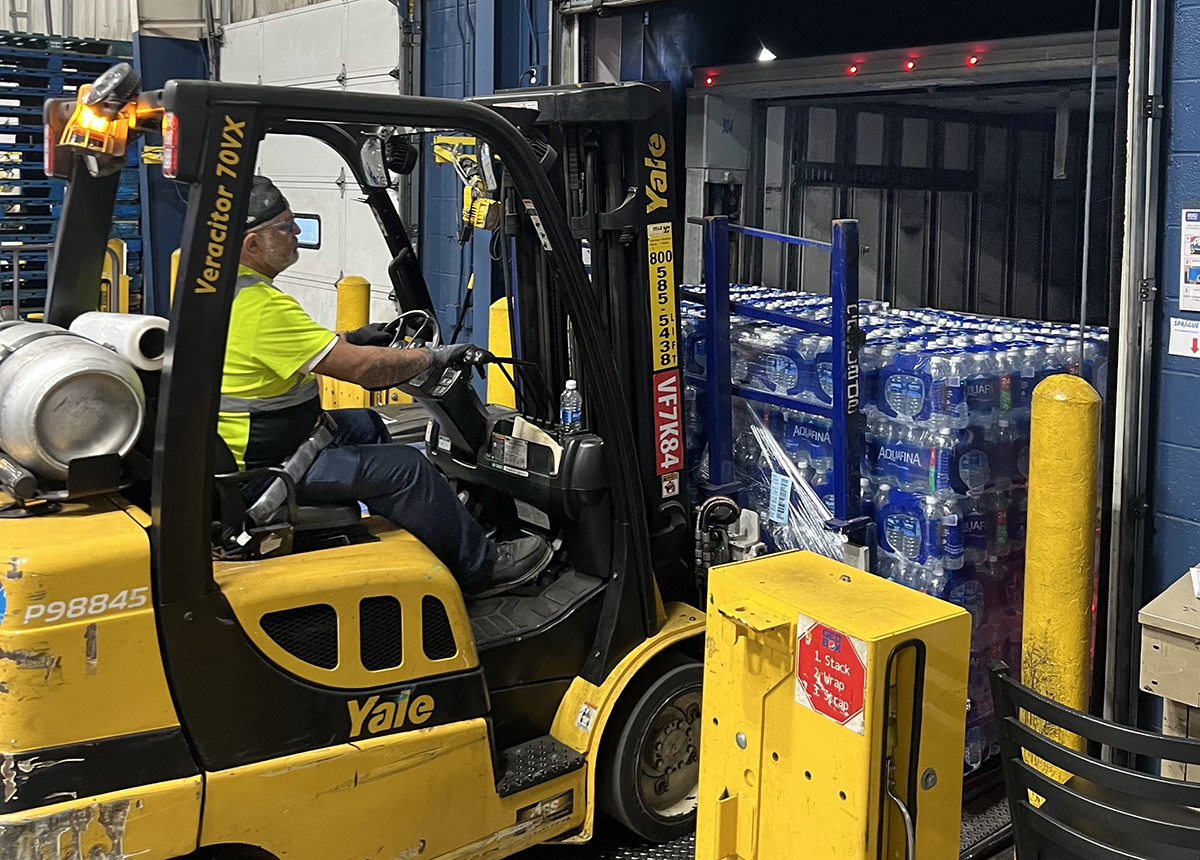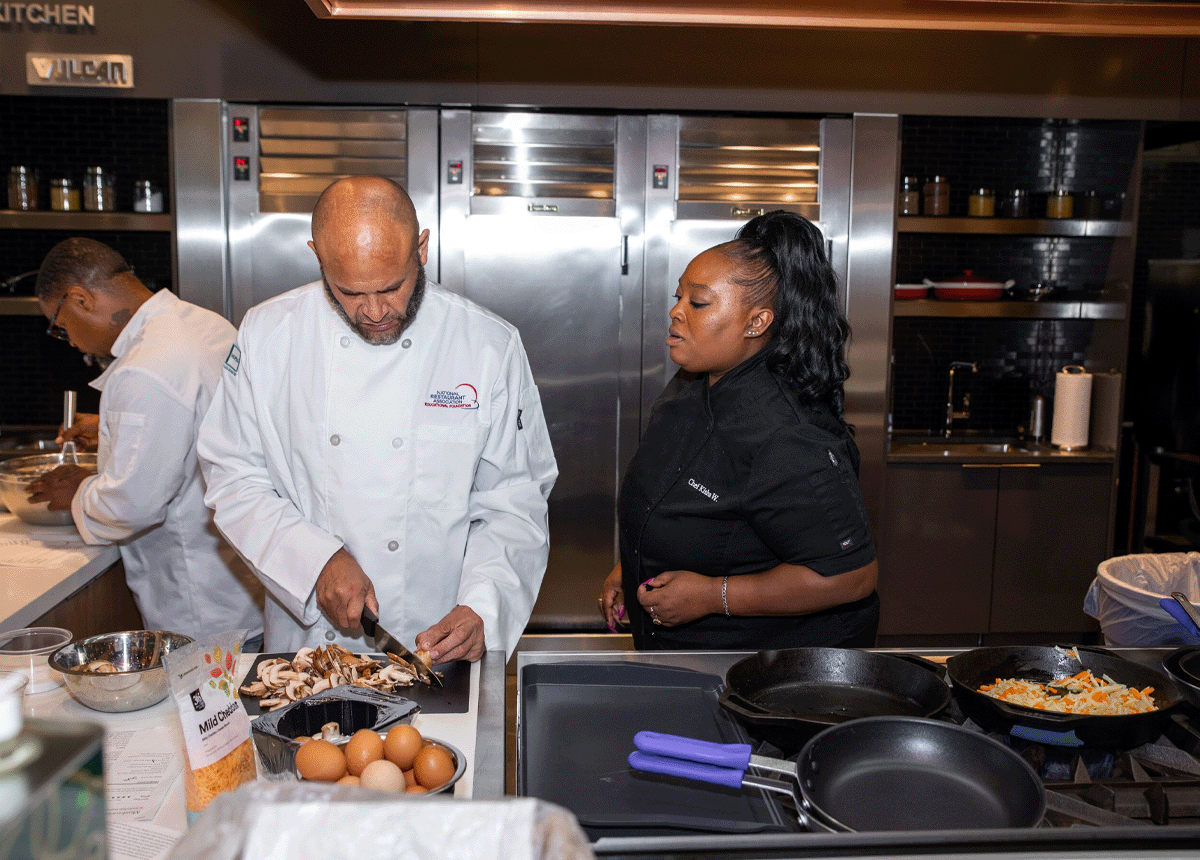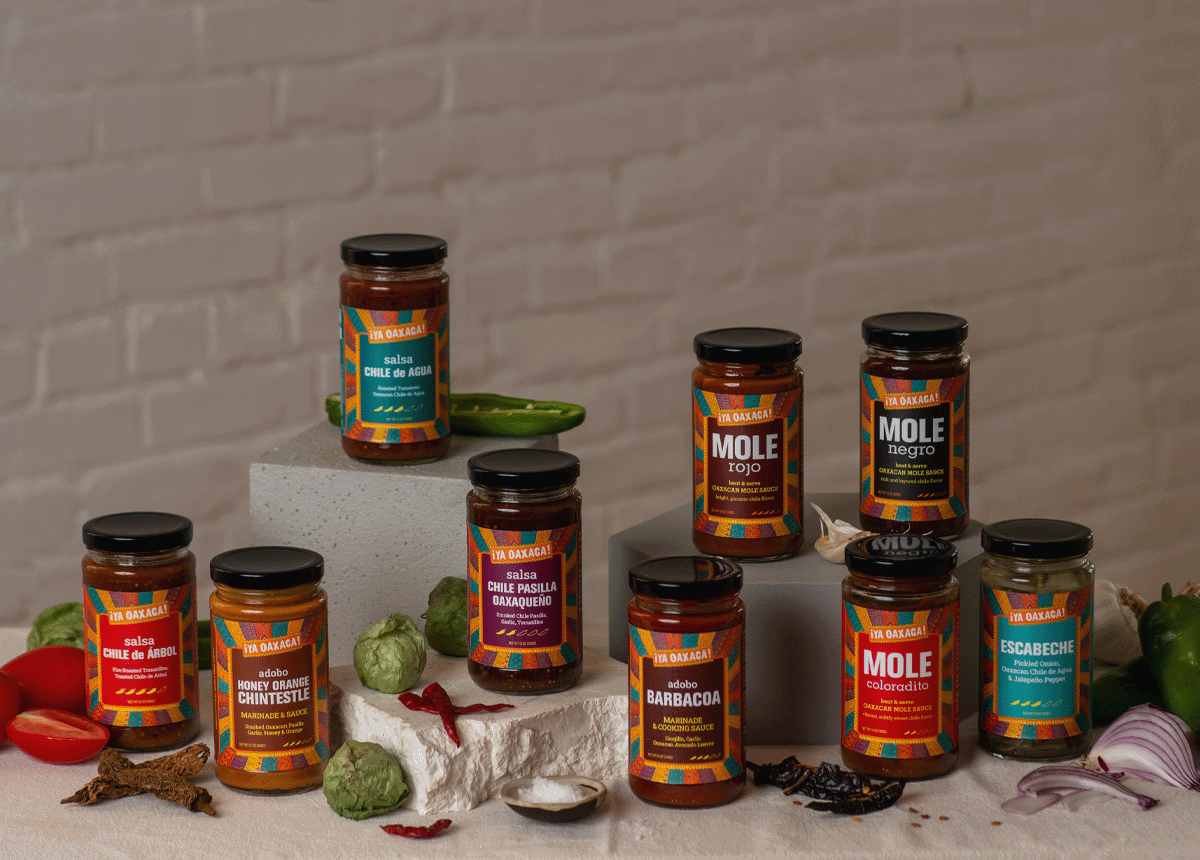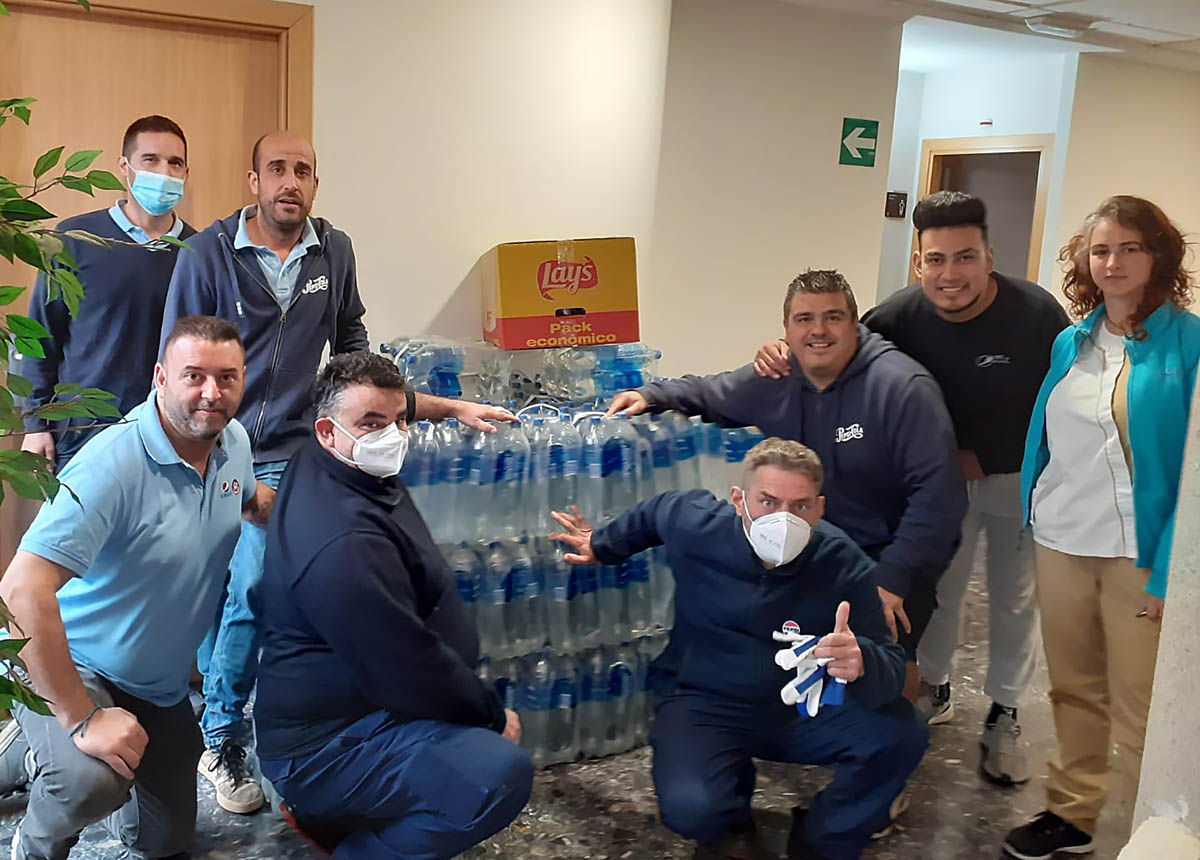Continued ...
2020 Racial Equality Journey message from our CEO
Even though I wasn’t born in the United States, I am passionate about this issue. My parents raised me to believe that all people are equal, that diversity is a reflection of our common humanity. This is true both in companies and the larger society. Yet despite my parents’ optimistic view, we know that all people are not treated equally and that the problem of systemic racism is very real. The struggle for equality exists in many forms around the world, from religious freedom, to gender equality, indigenous people’s rights, LGBTQ+ rights, Latino rights in the U.S., and other racial and ethnic discrimination. After living in Georgia and Connecticut for several years, I have come to better understand the urgent need for racial and social justice in this nation, and I am committed to using my position as CEO to lead this change.
A letter I received recently from a long-time PepsiCo associate expressed some of the pain many of our colleagues feel. She spoke of Black Americans’ struggle with everything from sub-standard housing, to racial profiling, to under-funded education. She was disappointed in some of PepsiCo’s past decisions and called us to action, saying: “PepsiCo at this time has an opportunity to look at our African American employees and community with wide open eyes and heart, and to work hand-in-hand to address the plagues many of us all too often face each day.” I couldn’t agree more.
During the past few weeks, the senior leadership team and I have been doing a lot more listening than talking. I met with several different groups of Black community leaders, as well as our MOSAIC employee resource group. These conversations were humbling and enlightening. I came away from them more conscious of the insidious nature of systemic racism and even more committed to using PepsiCo’s resources for good.
The journey for racial equality has long been part of our company’s DNA, going back to our first Black sales team in 1947 and the legacy of Harvey Russell. We’ve also been long-time contributors to the NAACP Legal Defense Fund and will continue to support their work for social justice. But the recent protests in all 50 states and around the world have called on us to honestly assess our efforts. Whilst there are areas we have made progress in the fight against systemic racism and inequality—including pay equity and the diversity of our frontline workforce—we know we cannot keep pointing to what we did decades ago. The promise of our journey remains unfulfilled. We have much work to do going forward, and to echo Dr. Martin Luther King, Jr., “The time is always right to do what is right.”
So today, I am announcing the next step in PepsiCo’s journey for racial equality: a more than $400 million set of initiatives over five years to lift up Black communities and increase Black representation at PepsiCo. These initiatives comprise a holistic effort for PepsiCo to walk the talk of a leading corporation and help address the need for systemic change.
Our journey will now focus on three pillars—People, Business, and Communities.
When it comes to People, we are focusing on increasing representation; recruitment; and education, internships and apprenticeships. That means dramatically rethinking our approach to talent, starting by:
- Increase U.S. Black managerial representation to 10% of our workforce by 2025 to mirror workforce availability of the communities where we work through internal development and recruitment—we will add more than 250 Black associates to managerial roles by 2025, including adding a minimum of 100 Black associates to our executive ranks. Whilst 14% of our U.S. workforce is Black, we know we need to increase representation in leadership.
- Accelerating our recruitment efforts with Historically Black Colleges and Universities and increasing partnerships with diverse organizations at our core schools.
- Activating associates to help drive ongoing change in our organization, with a focus on internal mentoring, coaching, and continuous development—we know that many of you want to get involved, and we will need your support to see our journey through.
- Mandating company-wide unconscious bias training, followed by continued training aimed at reducing biases in the workplace; including PDR objectives on representation; and requiring diversity on executive candidate slates—we’ll also expand our programs dedicated to supporting Black talent throughout critical career stages.
When it comes to Business, we will leverage our scale and influence across our suppliers, marketing agency partners and customer base to increase representation and strengthen Black-owned businesses. That means step changes in our spending and approach to partnerships, starting by:
- More than doubling our spending with Black-owned suppliers; expanding the supplier pipeline through advocacy and outreach; and building supplier capability targeting growth across services, agriculture, sustainable packaging, and operations.
- Using our buying power to create more jobs for Black creators at our marketing agencies and making them part of our content development—we will implement a Creative Agency Diversity Policy modeled on our existing policy for the selection of legal services, including an annual audit.
- Supporting Black-owned restaurants as part of our Small Businesses Program, including mentoring, management training and help obtaining financing.
- Investing $50 million over five years to strengthen local Black-owned businesses.
When it comes to our Communities, we’re working to drive long-term change by addressing systemic barriers to economic opportunity, investing an incremental $20 million over five years. That means broadly increasing our efforts to create opportunity and advance economic empowerment for Black Americans, starting by:
- Establishing scholarship support for students transitioning from 2-year to 4-year programs, and scaling our existing efforts to support trade/certificate and academic 2-year degrees through community colleges for 400 Black students per year—these funds will also provide wrap-around support, including money for books, transportation, housing, and more.
- Accelerating our support for social programs that impact Black communities, including delivering $6.5 million in community impact grants to address systemic issues; investing $1 million to replicate our holistic community support program, Southern Dallas Thrives, in Chicago; expanding our Food for Good initiative providing jobs and access to nutrition to more Black communities; and increasing our contribution to the NAACP Legal Defense Fund to support the struggle for social justice.
- Investing $5 million to launch a Community Leader Fellowship program for Black non-profit CEOs. We will provide grants to participants’ organizations, executive education, and connections to PepsiCo leaders and partners.
The bottom line is: this moment calls for big, structural changes, and we’re committed to being agents of that progress. As we continue our journey, we are going to keep listening—to leaders, communities and all of you—and we will work to do the right thing. We are committed to this work because we know the American society has placed the burden disproportionately on Black people. Injustice and inequality are problems for us all, and we all must do our part to defeat them. These efforts will also inform and positively impact our broader diversity efforts beyond our Black associates, as we look to be an actor in addressing other types of inequality going forward.
A summary of the actions we’re announcing today is attached. I encourage you all to familiarize yourselves with these efforts, discuss them among your teams, and, if appropriate, share them with your networks.
Thank you to everyone who has voiced their opinion fearlessly to advance this important conversation. I hear you loud and clear and, as CEO, I aspire to ensure that all associates are proud to work at PepsiCo. We still have a ways to go, but our journey is gathering speed. Together, I am confident we can work to build a stronger, better company that actively supports racial equality, more fully serves our communities, and lives up to our highest ideals.
Sincerely,
Ramon
